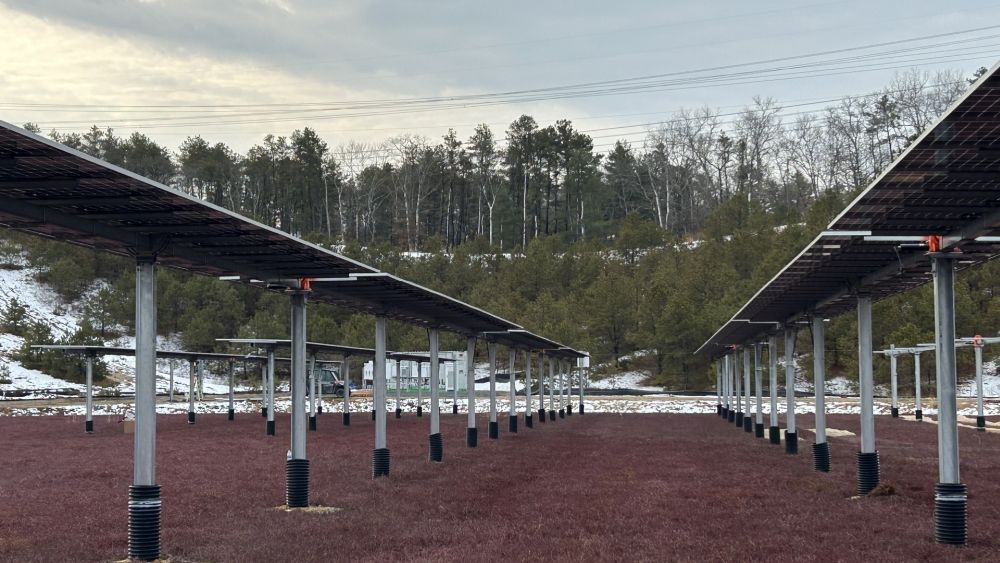According to a company press release, Consolidated Edison Co. plans to launch a $6 million, 18-month Smart Grid pilot program in northwest Queens that will test how various technologies support efforts to modernize the electric grid.
The initiative includes a distributed-generation project with the City University of New York to study how solar energy can be integrated into the Big Apple’s electric grid. The solar energy will be obtained from a 100 kW photovoltaic system on the roof of LaGuardia Community College.
The program will take place within the company’s Long Island City network, an 8.3 square-mile area, an area that has a customer density mixture representative of other areas in the company’s system, says Con Edison.
Approximately 1,500 customers will receive smart meters, the main component of an “advanced metering infrastructure.” Other AMI features include automatic outage notification, remote meter reading, remote reconnection and the ability to communicate energy usage information via other smart building technology to Web portals or in-home displays.
The demonstration program also will test grid integration issues in three areas: underground intelligent systems that can monitor, isolate and correct distribution problems to improve reliability; commercial customers’ energy-generation capacities including traditional (e.g., diesel) and renewable resources (e.g., solar); and plug-in electric vehicles and their charging stations.
The company plans to file proposals with the DOE by the end of August for stimulus funds. Approximately $375 million in Smart Grid projects would include the addition of more than 40,000 smart meters, i.e., meters that link consumer usage to time-of-day data. Indeed, Con Ed just announced it had filed for $172 million in projects.
One idea behind the smart meters, at least the first generation of them, is that they would be a tool to create an incentive for consumers to use power during non-peak times, when consumers would be charged less; conversely, consumers would be charged a premium for peak-use power. Unfortunately, Con Ed doesn’t reveal what, if any, proposal it has for restructuring smart-meter rates. Without clear policies and incentives in place regarding these rate structures, it will be hard to take this project too seriously.
CTT Categories
- Energy


